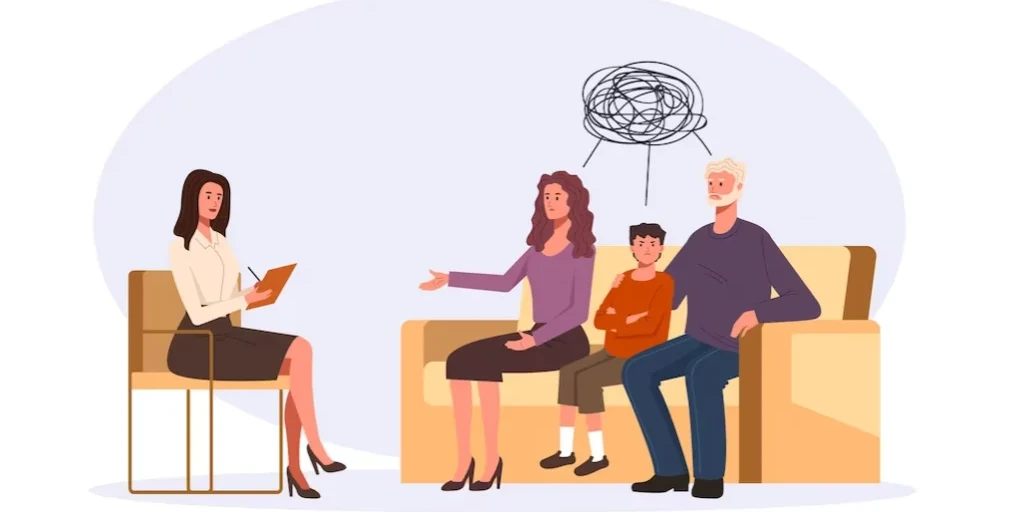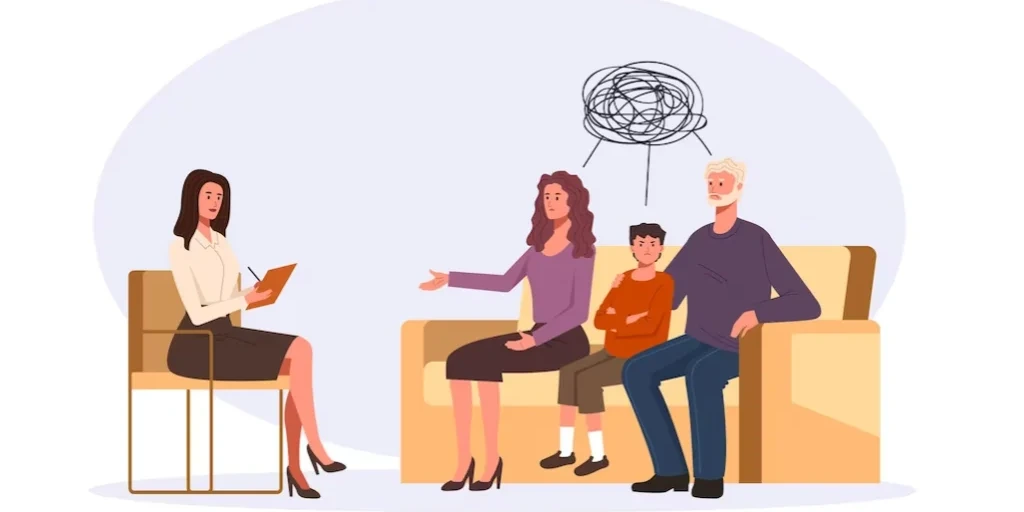24/7 Helpline:
(866) 899-111424/7 Helpline:
(866) 899-1114
Eastsound, Washington, located on Orcas Island, is a picturesque community known for its natural beauty and serene environment, surrounded by lush forests and coastal waters. This charming town has a modest population of about 1,000 residents who enjoy a close-knit community atmosphere. However, like many other small towns in the United States, Eastsound is not immune to the growing issues of drug and alcohol addiction that affect its residents. The need for effective
centers in Eastsound has become increasingly crucial as these issues persist.The rise in drug and alcohol addiction in Eastsound, Washington, poses significant challenges for the community. Many individuals struggle with substance abuse, leading to adverse effects on their health, relationships, and overall quality of life. The close-knit nature of the community means that these issues often impact families and friends, creating an urgent need for addiction treatment resources. Local
centers play an essential role in providing support, education, and treatment options for those affected by addiction.Historically, Eastsound has been significant not only for its stunning landscapes and vibrant arts community but also as a showcase of resilience and community spirit. However, as the challenges of addiction come to the forefront, the importance of local
centers cannot be overstated. These facilities offer a chance for recovery and reintegration into society, enabling individuals to reclaim their lives and restore their connections with loved ones.As the community of Eastsound, Washington continues to navigate the complexities of drug and alcohol addiction, the need for comprehensive treatment programs remains critical. By arming residents with the necessary tools to combat addiction, local rehab facilities can foster a healthier future for all.
Learn more about rehab centers inOther Insurance Options

Magellan

Kaiser Permanente

Optum

Horizon Healthcare Service

Evernorth

WellPoint

UnitedHealth Group

Health Net
Beacon

ComPsych

GEHA

Absolute Total Care

EmblemHealth

UMR

Health Partners

BlueCross

Holman Group

Access to Recovery (ATR) Voucher

Private insurance

Sutter



Orcas Island Prevention Partnership
Orcas Island Prevention Partnership is a private rehab located in Eastsound, Washington. Orcas Islan...






































































The Clearing
The Clearing is a non-12 step, dual diagnosis, residential treatment program that focuses on healing...

Allied Counseling Services
Allied Counseling Services is a private rehab located in Friday Harbor, Washington. Allied Counselin...



















































